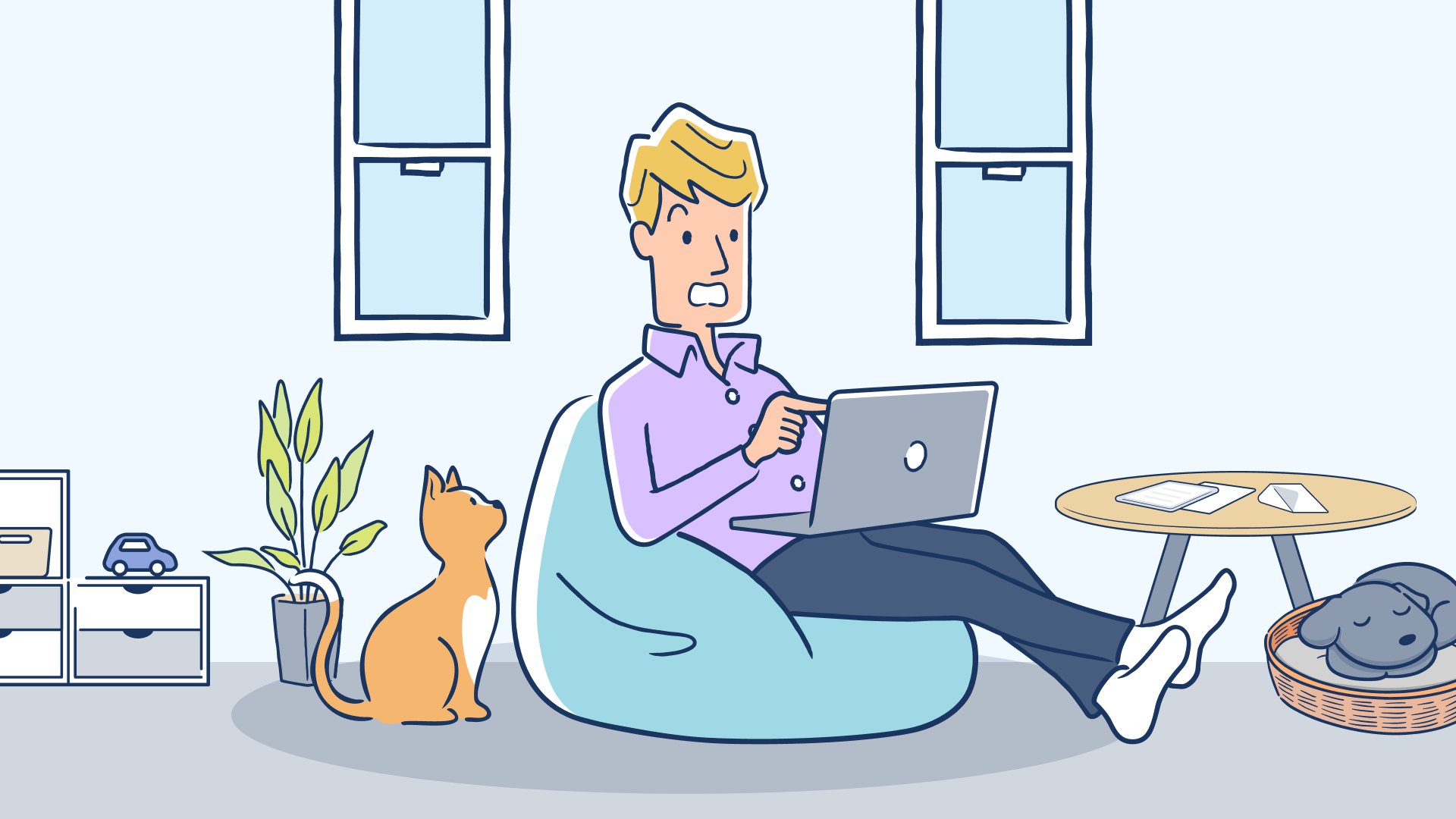Time to read : 4 Minutes
Compare Club’s bi-annual Bill Stress Index has revealed that while the cost of living crisis continues to put financial pressure on Aussies across the country, there’s been a shift in the landscape.
Here are some of our latest findings on the household expenses that we’re most stressed about:
Utility bills including electricity, gas, water and broadband are causing us the greatest anxiety at 22%.
Mortgages came in second highest at 16%. This is a sharp decrease from 29% when we last ran this research in November.
When mortgage and rent payments are combined, together they account for 28.12%.
4 in 5 Australians regularly experience bill-related anxiety at least once a month with 45% experiencing it daily or weekly.
While these findings are a concern, perhaps the most alarming is that nearly 40% of Aussies are spending more than 50% of their income on household bills alone. You don’t need to do the maths to know it won’t leave much to pay for other essentials such as groceries.
“This raises huge red flags about the ability of families to stay afloat. Hopes for a rate cut have vanished thanks to April’s inflation figures, and while interest rates remain on hold in June, there is still speculation that the RBA will announce another rise before the end of 2024. It doesn’t seem like there will be relief anytime soon," said Kate Browne, Compare Club's Head of Research.
What can you do to manage utility bills and stress levels?
Many Australians struggling to pay utilities are making late payments more often and are being forced to make difficult decisions on where they can cut back on essential spending. So here are some suggestions to help lighten the burden.
Take advantage of government incentives & initiatives
As announced in the May budget, from 1 July, 2024 the government is providing every household with a $300 credit on energy bills. Paid quarterly, this will provide some bill relief across a 12 month period.
Paul Coughran, General Manager of Utilities at Compare Club says there will also be relief for households with the default market offer (DMO) and Victorian Default Offer (VDO) decreasing in some of the distribution zones.
“While this is a positive for the market as a whole, less than 10% of households are on the DMO or VDO which means they’re likely to be subject to rate increases – especially at the end of their benefit periods.”
“I can’t stress enough the importance of checking energy bills and comparing rates regularly,” said Paul.
Compare providers and plans for a better deal
One of the best ways to save is to shop around. This can be a tiresome and time consuming process but reaching out to the experts at Compare Club can make it a seamless experience.
Right now, there are some fantastic offers available – up to 35% off the reference price in Victoria, for example, at the time of writing – so even if you have switched previously, changing energy plans or providers is quick and easy to do.
And it’s not only on your energy bills that you could save – we have experts that can also help you find good deals for home loans, health insurance and more.
Bundle broadband and energy
NBN’s wholesale prices are going up on 1 July which means overall broadband prices will also be increasing.
A great way to save on your internet is to bundle with your utilities. A quick search and you’ll find lots of energy companies offering combined electricity, gas, and broadband packages.
Bundling not only means you’ll save but some providers may offer competitive deals such as an account credit or up to six months free.
Bottom line
While our Bill Stress Index reveals utility bills are the biggest source of stress for Aussies and many are struggling to pay them on time, rest assured you can switch and save to help reduce the burden. Even if it’s only a little bit here and there – it all adds up to make a difference to the bottom line.
If you feel you need to talk to a financial counsellor, contact the National Debt Line for free advice to help you get back on track.
Go deeper:
About the May 2024 Bill Stress Index:
Our survey results included responses from more than 1,000 Australian households from New South Wales, Victoria, Queensland, South Australia and Western Australia, aged between 18 and 55+.
